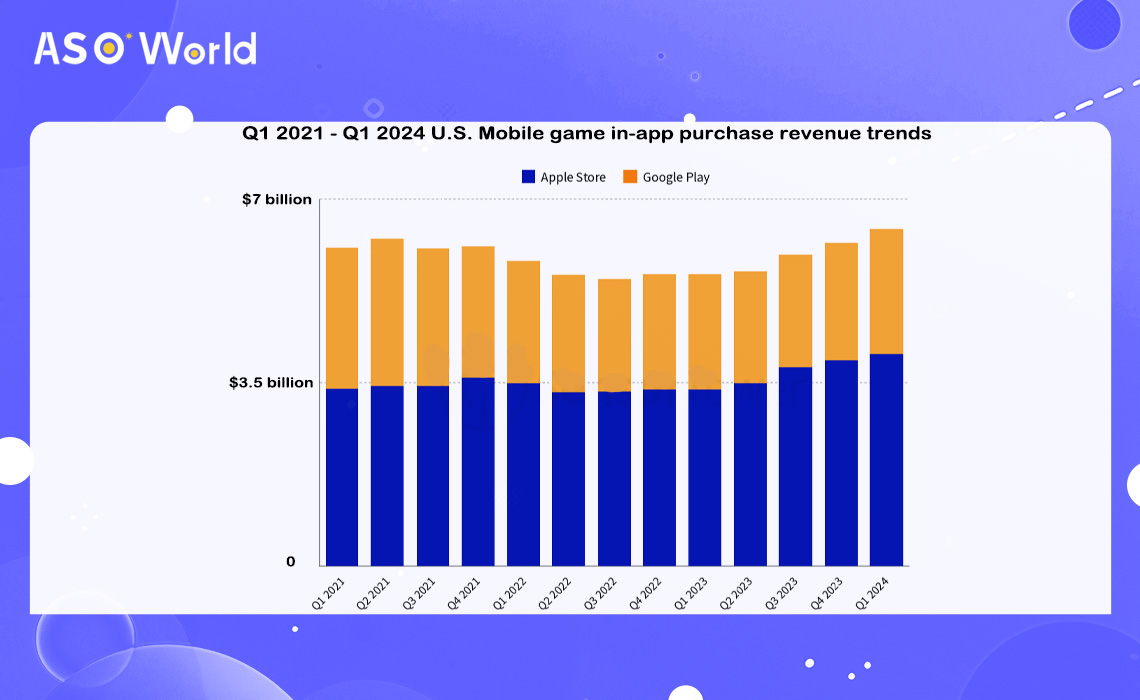The Ultimate Guide to BaoXing Bags
Explore the latest trends and styles in BaoXing bags.
Predicting Pixels: The Future of Gaming Trends
Discover the exciting future of gaming trends in Predicting Pixels! Uncover what’s next and stay ahead in the gaming revolution!
The Rise of AI in Gaming: How Smart Technology Will Shape the Future
The rise of AI in gaming is revolutionizing the way we engage with virtual worlds. As technology advances, developers are increasingly integrating artificial intelligence to enhance gameplay experiences. From adaptive NPCs that respond dynamically to player actions, to sophisticated algorithms that analyze player behavior for personalized experiences, AI is transforming the landscape of interactive entertainment. This evolution not only enriches player engagement but also creates a more immersive environment where every decision matters.
Looking towards the future, we can expect AI to play an even more significant role in game development. Innovations such as procedural content generation enable games to offer vast, expansive worlds filled with unique challenges. Furthermore, AI-driven analytics will help developers understand player preferences on a granular level, allowing for the customization of experiences. As the gaming industry continues to embrace these technologies, the possibilities are boundless, paving the way for smarter, more intuitive gaming experiences that will captivate players like never before.

Counter-Strike is a popular team-based first-person shooter game that has captivated millions of players worldwide. The game features intense multiplayer matches where teams compete to complete objectives such as bomb defusal or hostage rescue. Players can gain additional advantages through various methods, including using a clash promo code to unlock special in-game items or enhancements.
Immersive Experiences: The Role of Virtual and Augmented Reality in Gaming Trends
The integration of Virtual Reality (VR) and Augmented Reality (AR) into gaming has transformed the landscape of immersive experiences, creating new avenues for player engagement and interaction. Today’s gamers are not just passive participants but are becoming active players within their environments. With VR headsets like the Oculus Quest and AR applications such as Pokémon GO, players can venture into dynamic worlds that blend seamlessly with reality. This shift signifies a broader trend in gaming where the boundaries between the real and the digital continue to blur, allowing for more profound experiences that captivate the senses.
As we look toward the future, the role of immersive experiences in gaming trends will only expand. Developers are increasingly leveraging advancements in VR and AR technology to create intricate narratives and interactive gameplay. For instance, games like Beat Saber and Half-Life: Alyx exemplify how VR can be harnessed to create compelling stories that players feel personally connected to. As these technologies evolve, we can anticipate even more innovative gaming experiences that encourage exploration, collaboration, and competition, shaping the next generation of the gaming industry.
What Will Gaming Look Like in 10 Years? Experts Predict Emerging Trends
As technology continues to advance at a rapid pace, the landscape of gaming is set to undergo significant transformations over the next decade. Experts predict that the integration of virtual reality (VR) and augmented reality (AR) will redefine how players interact with their favorite titles. Games will become more immersive, allowing players to experience narratives in a 360-degree format, engaging not only their senses but also their emotions. According to a recent study by the International Game Developers Association, the popularity of VR and AR platforms is expected to grow by over 400% in the coming years, revolutionizing traditional gaming experiences.
Furthermore, the rise of cloud gaming is anticipated to shift the focus from hardware limitations to seamless gaming experiences accessible on multiple devices. With services like Google Stadia and Xbox Cloud Gaming paving the way, players will no longer be tethered to high-end consoles or PCs. This democratization of access is predicted to attract a broader audience, ultimately reshaping the gaming community and introducing innovative monetization models. Moreover, advancements in artificial intelligence (AI) are likely to enhance game design, creating more dynamic and responsive environments that adapt to individual player styles, making gaming not just a pastime, but a highly personalized adventure.